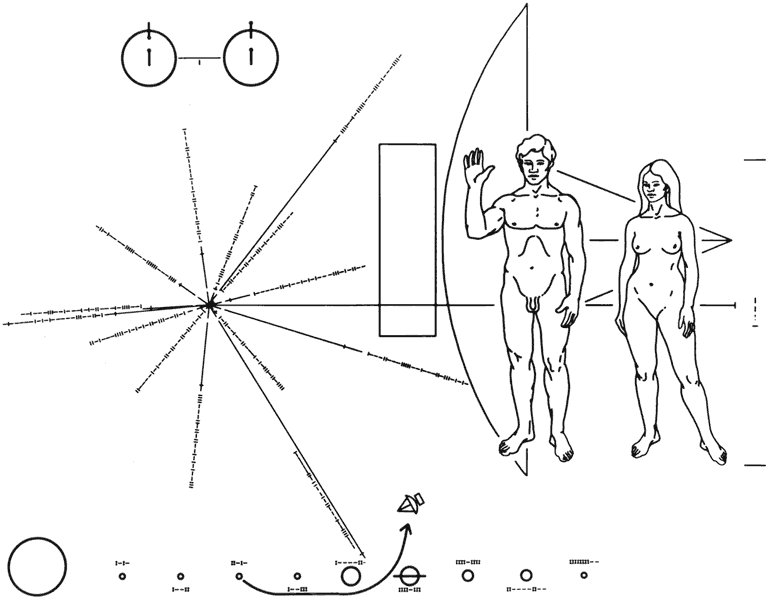Robotics
Researchers Propose InterGalactic Positioning System (IGPS)
Lost in space? Use signals from four pulsars and you can determine your exact location
10 Jun 2009
GPS revolutionized robotics on Earth, but it fails to work for robots deep in space. To solve this problem, two astronomers have published a paper to show how you can locate your position anywhere within the galaxy by using no less than 4 pulsars of known locations.
Fully relativistic coordinates have been proposed for (relativistically) running a "GPS" system. These coordinates are the arrival times of the light signals emitted by four "satellites" (clocks). Replacing the signals emitted by four controlled clocks by the signals emitted by four pulsars defines a coordinate system with lower accuracy, but valid across the whole Solar System. We here precisely define this new coordinate system, by choosing four particular pulsars and a particular event as the origin of the coordinates.
Similar to the idea for the Pioneer 10 and 11 plaques, these four pulsars would form a rough tetrahedron centered on the Solar System.
With the co-ordinate system established, any interplanetary spacecraft could then use the signals from these pulsars to determine its position in this co-ordinate system to within a few nanoseconds, which corresponds to about a metre.
Follow the link to learn more: https://www.technologyreview.com/blog/arxiv/23576/
